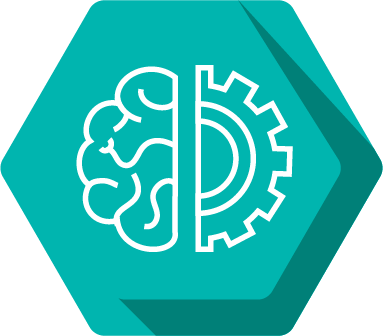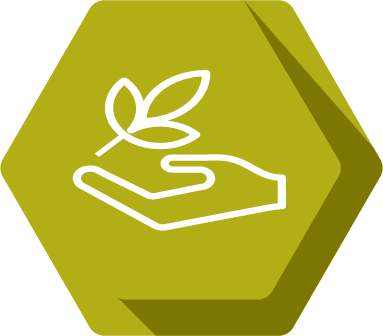William Chung

Pronouns: He/Him/His
Research Mentor(s): Ashley Payne, Assistant Professor
Research Mentor School/College/Department: Climate and Space Sciences and Engineering, College of Engineering
Presentation Date: Thursday, April 22, 2021
Session: Session 4 (2pm-2:50pm)
Breakout Room: Room 16
Presenter: 6
Abstract
Atmospheric Rivers (ARs) are channels of water vapor in the atmosphere that result in a large amount of precipitation. They cause over 1.1 billion dollars of damage annually in the United States. As a result, accurately interpreting the presence of an AR has become crucial to ensuring the safety of citizens, especially those who live in regions frequently impacted by ARs. Progress is difficult, however, because the accepted AR definition is largely qualitative, and researchers who have tracked ARs use different identification methods. Therefore, an analysis of the strengths and weaknesses of various detection algorithms is of great interest. The Atmospheric River Tracking Method Intercomparison Project (ARTMIP) is a multicentered, collaborative effort to quantify the differences among AR detection techniques. This study focuses on eight AR detection algorithms run on ECMWF’s ERA5 reanalysis product. The time intervals among the ERA5 datasets range in hours and the time frame generally covers the years 1980-2019. To facilitate comparison among detection approaches, we compared transects of AR landfall from East Asian countries using the Python Programming language. Assuming that each algorithm identifies the presence of an AR perfectly, the transect plots should be identical among the eight datasets. However, some plots differed significantly from the others. For future studies, one should develop a standardized approach to detecting and interpreting ARs. An accurate interpretation of these weather systems will not only save lives but help countries economically.
Authors: William Chung, Ashley Payne
Research Method: Computer Programming







